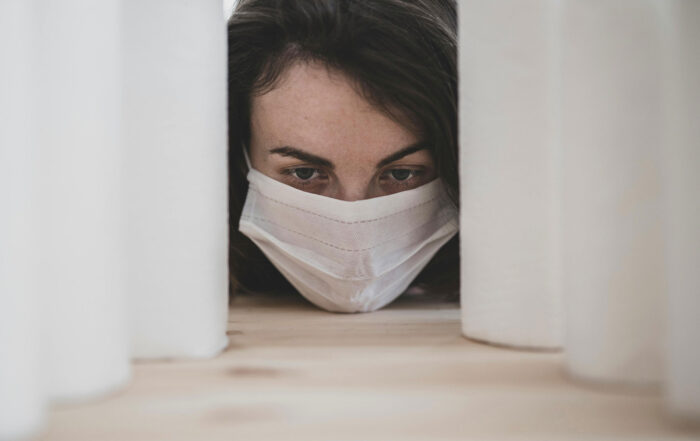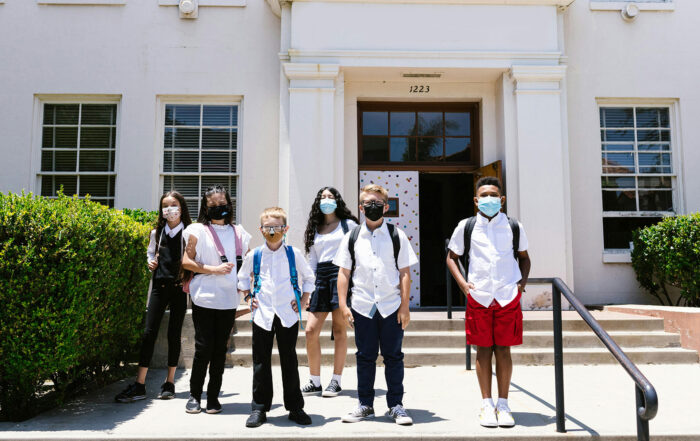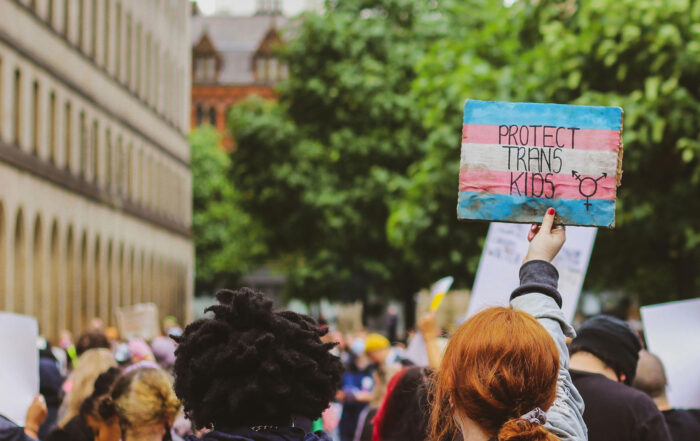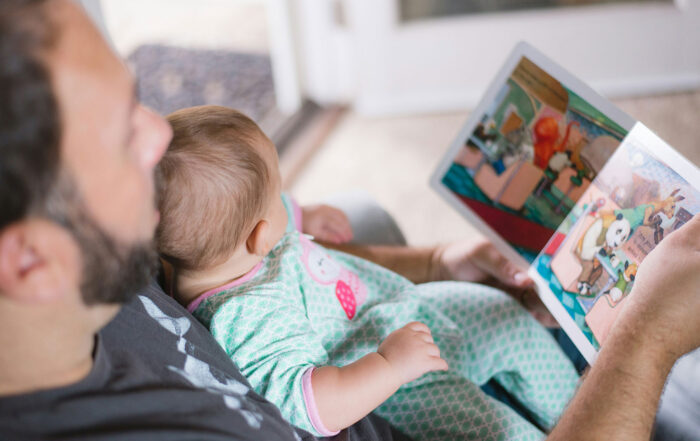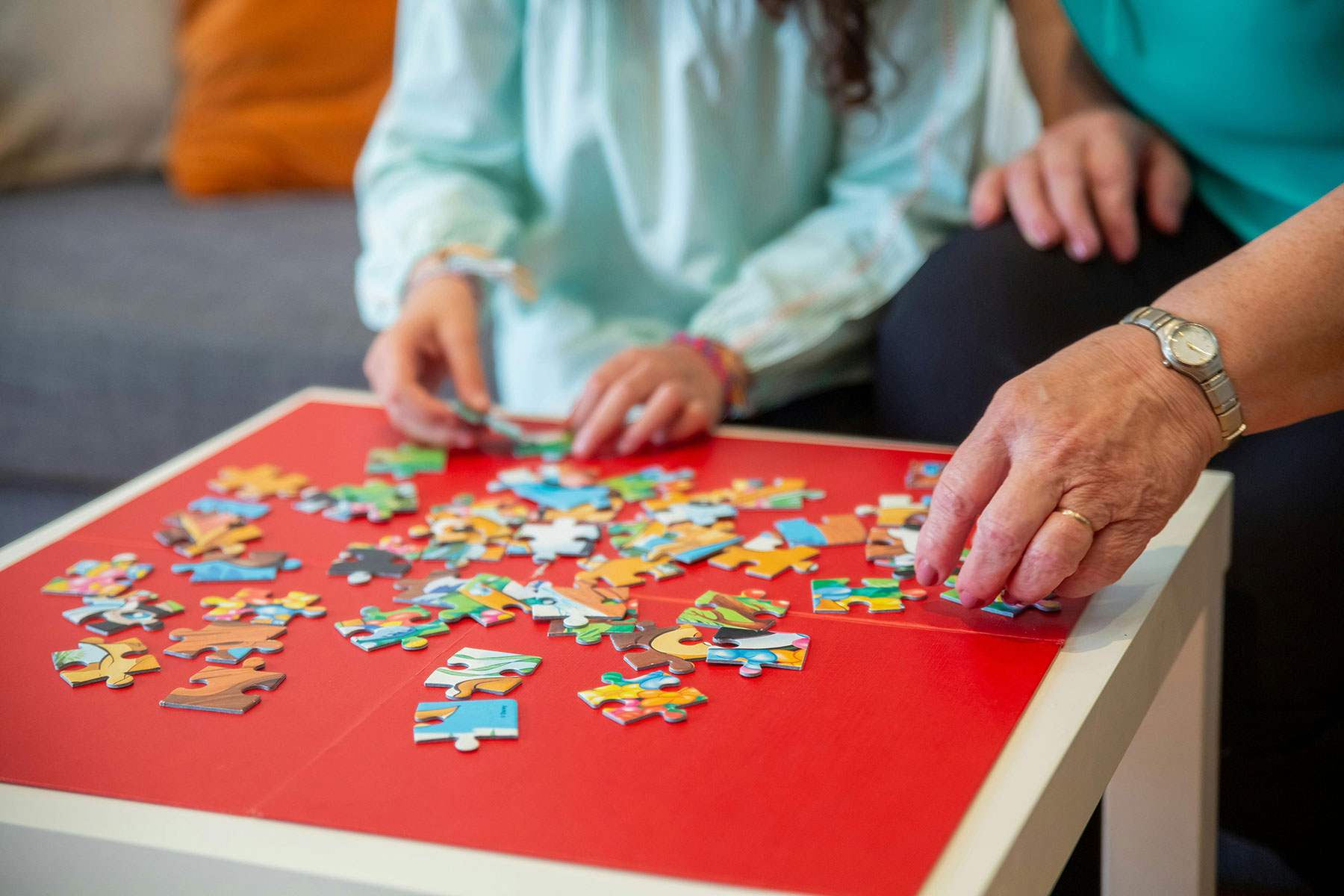
By Starr Commonwealth
With grief, sadness is obvious. With trauma, the symptoms can go largely unrecognized because it shows up looking like other problems: frustration; acting out; difficulty concentrating, following directions, or working in a group. Often students are misdiagnosed with anxiety, behavior disorders, or attention disorders rather than understood to have trauma that’s driving those symptoms and reactions.
For children who have experienced trauma, learning can be a big struggle. But once trauma is identified as the root of the behavior, we can adapt our approach to help kids cope when they’re at school. Starr Commonwealth Chief Clinical Officer Dr. Caelan Soma offers these tips for understanding kids who have been through trauma plus strategies for helping them.
1. Kids who have experienced trauma aren’t trying to push your buttons.
If a child is having trouble with transitions or turning in a folder at the beginning of the day, remember that children may be distracted because of a situation at home that is causing them to worry. Instead of reprimanding children for being late or forgetting homework, be affirming and accommodating by establishing a visual cue or verbal reminder to help that child. “Switch your mind-set and remember the kid who has experienced trauma is not trying to push your buttons,” says Soma.
10 Things About Childhood Trauma Every Teacher Needs to Know
What is test anxiety and how can we support students when they experience it?
As the first day of school approaches, parents and children gather their backpacks as educators finalize lesson plans and ready their classrooms. The new school year offers a fresh start for students [...]
Managing stress during the COVID-19 pandemic
While we are all focusing on taking care of our physical health as the outbreak of COVID-19 develops, it’s also important to keep our mental health a priority. When there is a [...]
Integrating parents with trauma histories into child trauma treatment: Establishing core components.
To identify core components of parent/caregiver integration into evidence based child trauma treatment models, specifically those parents/caregivers who have experienced trauma themselves. The Parent/Caregiver Trauma and Healing Coordinating Group (PCTHCG) of the [...]
‘All Kinds Of Trauma’: Students Are Returning To School, But Are We Ready To Help Them Cope?
Rosalinda Guzman was inside a bathroom stall at school when something begged for attention. It was on the door, where the school posts announcements. “That little tiny piece of paper was just [...]
Identifying the Intersection of Trauma and Sexual Orientation and Gender Identity: Part I: Key Considerations
WHY ASK ABOUT SEXUAL ORIENTATION AND GENDER IDENTITY? There is a growing body of evidence showing that Lesbian, Gay, Bisexual, Transgender, and Queer/Questioning (LGBTQ+) youth suffer from potentially traumatic events (PTEs) at [...]
Heal trauma with rhythm
Anyone who’s soothed a fussing baby knows that gentle rocking often does the trick. The vestibular (balance-related) stimulation that rocking creates is certainly a part of that. Equally important is the rhythm [...]



